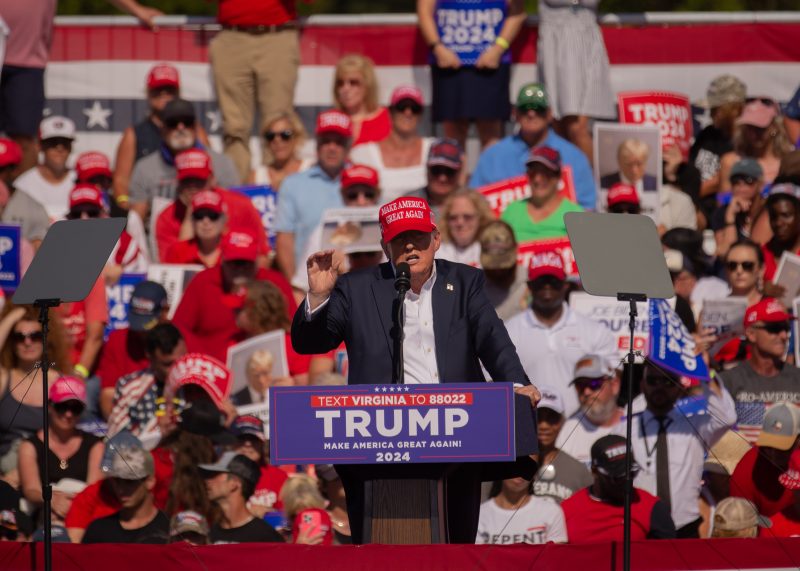
Trump’s Lucky Streak Continues: Supreme Court Ruling Upholds Presidential Immunity
In a recent ruling, the Supreme Court of the United States handed President Trump another victory in the ongoing legal battles surrounding his presidency. The Court’s decision to uphold the principle of presidential immunity in cases involving personal conduct while in office provides a significant shield for the President from legal scrutiny and potential criminal investigations.
This ruling marks a crucial development in the debate over the extent of presidential power and accountability under the law. While the decision does not grant the President unlimited immunity from legal proceedings, it does set a high bar for those seeking to investigate or prosecute a sitting President for actions taken in their official capacity.
The Supreme Court’s ruling was based on a broad interpretation of the separation of powers enshrined in the Constitution. The majority opinion held that subjecting a President to criminal investigations and prosecutions could unduly interfere with the performance of their duties and undermine the authority of the executive branch.
Critics of the ruling argue that it creates a dangerous loophole that could shield the President from accountability for potential wrongdoing. They contend that allowing a President to evade legal consequences for acts committed while in office sets a troubling precedent and weakens the checks and balances that are essential to a functioning democracy.
Supporters of the Supreme Court’s decision, on the other hand, view it as a necessary protection for the office of the President and essential for preserving the independence of the executive branch. They argue that subjecting the President to legal proceedings could open the door to politically motivated investigations and prosecutions that could undermine the effectiveness of the presidency.
The implications of this ruling go beyond the current occupant of the White House. It sets a precedent that will shape the relationship between the executive branch and the legal system for years to come. The decision highlights the complexities and challenges inherent in balancing the need for accountability with the requirements of effective governance.
As the legal battles surrounding the presidency continue to unfold, questions of presidential immunity and accountability will remain at the forefront of public discourse. The Supreme Court’s ruling in this case is a significant milestone in the ongoing debate over the limits of presidential power and the obligations of those who hold the highest office in the land.
